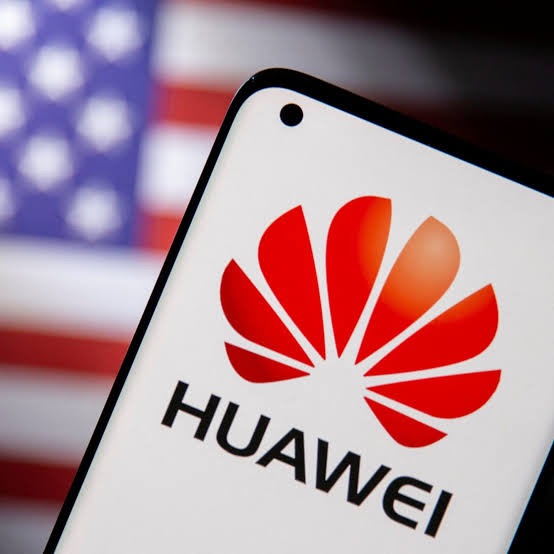
Alpha and Omega Semiconductor (AOS) has reached a settlement with the U.S. government over charges that it illegally exported sensitive technology to Huawei, the Chinese telecommunications company blacklisted by the U.S. for national security reasons.
The settlement brings to a close an investigation into unauthorized shipments made in violation of U.S. export control regulations, which prohibit certain American-made technologies from being sold to entities on the U.S. Entity List, including Huawei.
Background of the Case
The U.S. Department of Commerce had alleged that AOS exported products to Huawei without obtaining the necessary licenses, in direct violation of export restrictions imposed in 2019. These rules were designed to limit Huawei’s access to advanced semiconductors and related technologies due to concerns over its potential ties to the Chinese government and military.
According to investigators, AOS failed to comply with the Export Administration Regulations (EAR) when it continued to supply components that had U.S. origin or incorporated U.S. technology—even after Huawei was officially blacklisted.
Details of the Settlement
As part of the agreement, AOS will:
Pay a financial penalty (amount not yet publicly disclosed at the time of reporting) Enhance its internal compliance program Cooperate with ongoing monitoring by U.S. authorities to prevent future violations
Importantly, AOS did not admit to wrongdoing but agreed to the settlement to resolve the matter and move forward.
“We take our legal obligations seriously and are committed to full compliance with U.S. export controls,” AOS said in a statement.
Broader Implications
This case highlights the increased enforcement pressure that U.S. authorities are placing on tech companies amid escalating tensions with China. It serves as a reminder that:
Export compliance is critical for all semiconductor and tech firms, especially when dealing with sensitive or restricted markets U.S. agencies are actively monitoring transactions for violations involving blacklisted entities like Huawei Penalties for noncompliance can be severe even for indirect or unintentional violations
The resolution also reflects Washington’s ongoing effort to control the flow of U.S. technology to Chinese firms seen as posing national security risks.
